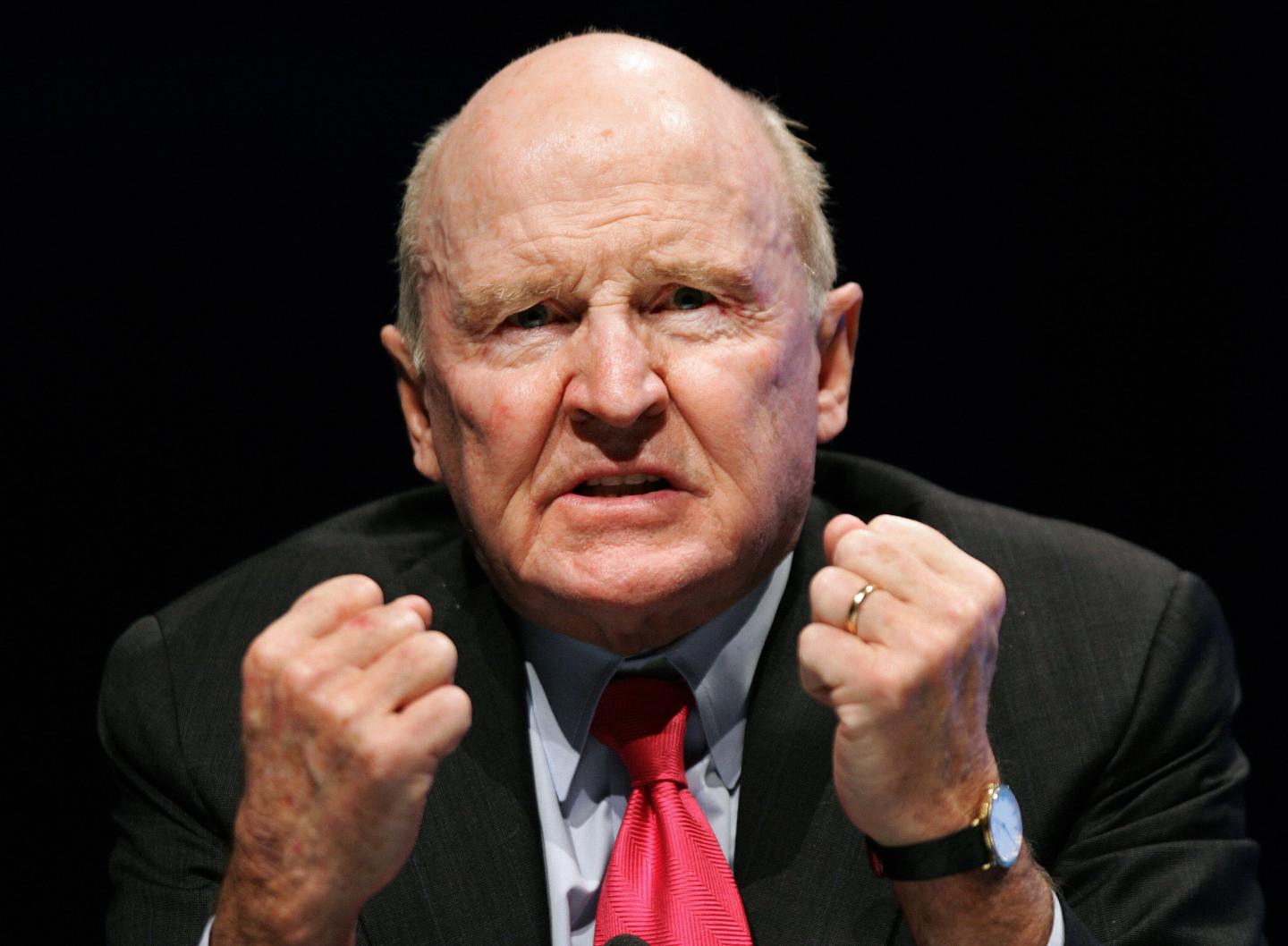Are leaders reverting to the Jack Welch style of leadership? In some ways, it appears so.
While a more collaborative and people-centric approach has largely replaced the traditional “command and control” leadership model, some high-profile CEOs are embracing elements of Welch’s relentless focus on performance. Leaders like Elon Musk at Tesla, Andy Jassy at Amazon, and Mark Zuckerberg at Meta have implemented sweeping job cuts and significant restructuring, eliminated underperforming divisions, and set aggressive productivity expectations—moves some critics have called ruthless. This post-pandemic leadership style bears a striking resemblance to Welch’s high-pressure management approach, which prioritized efficiency over sentiment. As labor market dynamics shift power back to employers, this output-focused leadership model appears to be gaining traction.
Yet, affability remains a powerful executive trait. When I interviewed Nike’s CEO, employees repeatedly described him as a “nice guy.” Similarly, Thrive Capital CEO Joshua Kushner was characterized in a 2023 Fortune profile as “pathologically polite” with a “thick layer of kindness,” while Greg Abel, the likely successor to Warren Buffett at Berkshire Hathaway, was recently described by Fortune’s Shawn Tully as “folksy” and “super-likable.”
The takeaway might be that the most effective future leaders can strike a balance between both leadership modalities.
Jane Edison Stevenson, global vice chair at Korn Ferry, notes that while Welch was an indisputable icon as GE’s CEO whose hardline style worked for his time, it is far less suited for today’s business landscape. In fact, Korn Ferry data suggests that many CEO success metrics, including tenure, are closely linked to human relatability. But being well-liked isn’t the goal, and great leaders aren’t trying to please everyone. Instead, they are curious, collaborative, and decisive, she explains. “It’s about building consent—not consensus—and alignment.”
Rick Western of Kotter believes corporate America is shifting back to measuring leaders based on tangible results that certainly serve Wall Street and investors, but also all stakeholders. “It’s not the warm and fuzzy, rainbow-and-puppy soft skills—it’s about whether you can truly drive results that are good for the business in the broadest sense, and are you willing to be measured against those goals?”
Greg Abel, Buffett’s successor, might embody this very approach. As Buffett acknowledged in a 2023 CNBC interview, “If you underperform, you’ll get a call from Greg…He smiles when he enforces it. And when they go away, they feel good about themselves.”
Ruth Umoh
ruth.umoh@fortune.com
Today’s newsletter was curated by Lily Lazarus.
Smarter in seconds
Brain trust. How much do aspiring CEOs really need to know about AI? More than they think
If the shoe fits. Tapestry’s CEO didn’t think she was the ‘CEO type’ until her company needed a leader
Locked and loaded. Trump’s trade policies are forcing business leaders to build ‘tariff war rooms’
Leadership lesson
“CEOs have every reason to participate in discussions when they can have an impact, when their companies can make a difference, and when there is either some important aspect in their community, their stakeholders could benefit.” —Richard Edelman, CEO of Edelman, on building trust in business.
News to know
An OpenAI whistleblower was found dead in his apartment. His mother wants answers. Fortune
President Trump announced Sunday that a 25% tariff on all foreign steel and aluminum imports would take effect Monday, with additional measures to balance global tariff rates expected later in the week. Bloomberg
The Consumer Financial Protection Bureau closed its Washington, D.C., headquarters through February 14 and instructed employees to work remotely, raising concerns about its future. CNBC
The NFL is standing by its diversity initiatives and has said it won’t change just because the political climate has shifted. WSJ
Ford’s CEO warned that President Trump’s proposed tariffs could cost the U.S. auto industry billions in lost profits. Fortune
China is compiling a list of U.S. tech companies for potential antitrust probes to gain leverage in negotiations with the Trump administration on trade and tariffs. WSJ












